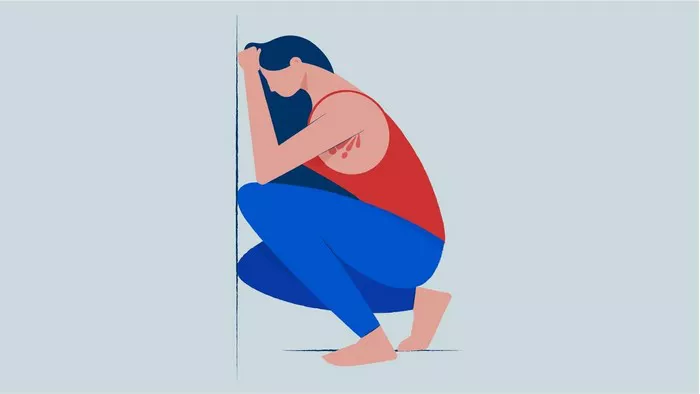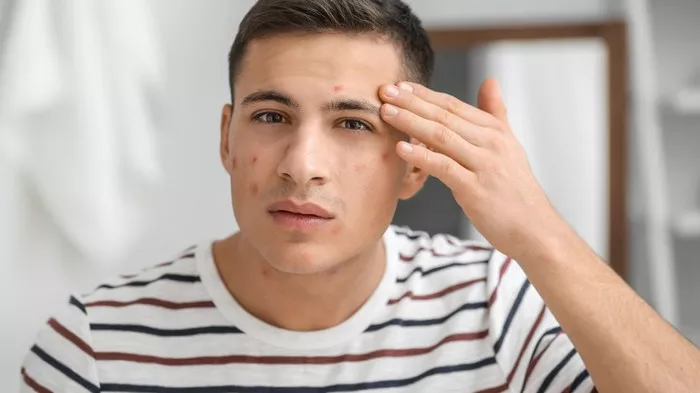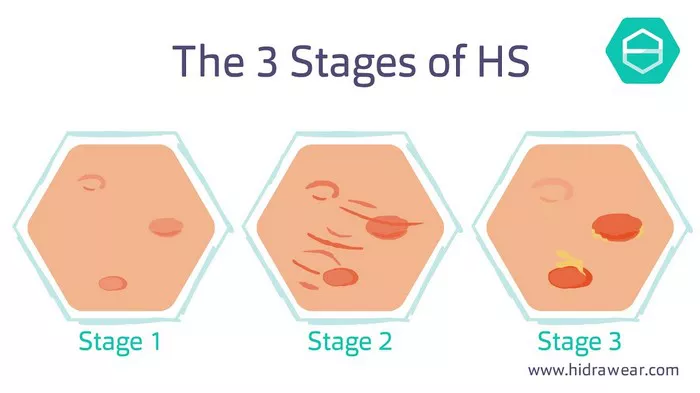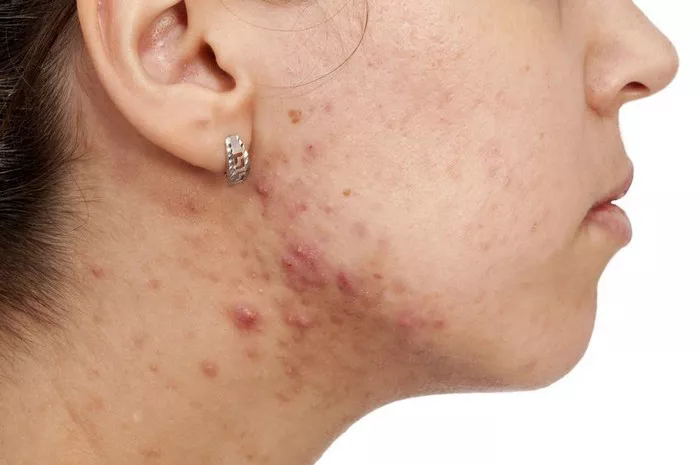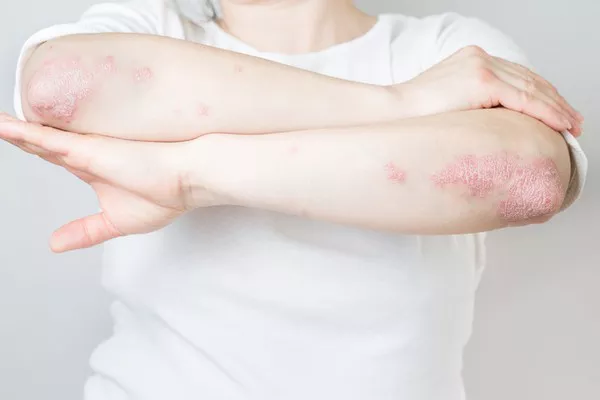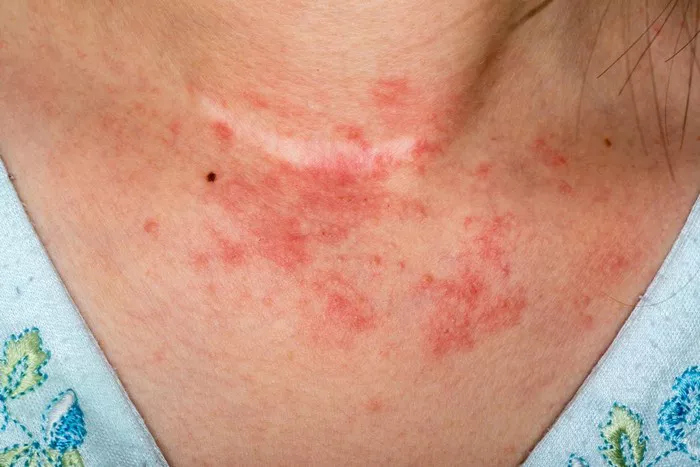Hidradenitis Suppurativa (HS) is a chronic skin condition that causes painful lumps, abscesses, and tunnels under the skin. It primarily affects areas with skin folds, such as the armpits, groin, and under the breasts. Many people with HS wonder if they can get rid of this condition and how to manage it effectively. In this article, we will explore the nature of HS, treatment options, lifestyle changes, and ways to improve your quality of life.
Understanding Hidradenitis Suppurativa
What is Hidradenitis Suppurativa?
HS is an inflammatory skin disorder that occurs when hair follicles become blocked. This leads to inflammation, which can result in painful lumps and recurrent infections. The condition often starts after puberty and can persist for years. It can significantly affect a person’s physical and emotional well-being.
Symptoms of Hidradenitis Suppurativa
The symptoms of HS can vary from person to person. Common symptoms include:
- Painful lumps or nodules
- Abscesses that may drain pus
- Tunnels or sinuses under the skin
- Scarring and skin changes
- Itching or burning sensation
These symptoms can flare up and become worse during periods of stress, hormonal changes, or after physical activities.
Is There a Cure for Hidradenitis Suppurativa?
Currently, there is no definitive cure for HS. However, many treatments can help manage symptoms, reduce flare-ups, and improve the quality of life. The goal of treatment is to minimize pain, prevent complications, and promote healing.
SEE ALSO: How Do I Know If I Have Hidradenitis Suppurativa (HS)?
Treatment Options for Hidradenitis Suppurativa
Medical Treatments
Topical Treatments
- Antibiotics: Topical antibiotics can help reduce bacterial infection and inflammation. Common examples include clindamycin and tetracycline.
- Steroids: Corticosteroid creams can decrease inflammation and pain.
Oral Medications
- Antibiotics: Oral antibiotics are often prescribed for more severe cases. They can help control flare-ups and reduce the risk of infection.
- Hormonal Treatments: Hormonal therapies, such as oral contraceptives, may help regulate hormonal changes that trigger flare-ups.
- Retinoids: These vitamin A derivatives can help reduce inflammation and prevent blockages in hair follicles.
Biologic Therapies
- Biologics are a newer class of medications that target specific parts of the immune system. Drugs like adalimumab (Humira) have shown promise in treating HS and may help reduce flare-ups.
Surgical Options
- Incision and Drainage: For abscesses, a healthcare provider may perform an incision and drainage procedure to relieve pain and promote healing.
- Excision: In more severe cases, surgery to remove affected skin and tissue may be necessary. This can help prevent future flare-ups.
Lifestyle Changes
Maintain a Healthy Weight: Excess weight can put pressure on skin folds, leading to more friction and flare-ups. Maintaining a healthy weight through diet and exercise can reduce the severity of symptoms.
Wear Loose Clothing: Tight clothing can irritate the skin and worsen symptoms. Opt for loose-fitting, breathable fabrics to minimize friction.
Practice Good Hygiene: Keeping affected areas clean and dry is crucial. Regular bathing with mild soap can help reduce bacteria and prevent infections.
Avoid Triggers: Identify and avoid triggers that may cause flare-ups. Common triggers include stress, sweating, friction, and hormonal changes.
Quit Smoking: Smoking has been linked to more severe HS symptoms. Quitting can improve overall health and may help reduce flare-ups.
Coping with Hidradenitis Suppurativa
Emotional Support
Living with HS can be emotionally challenging. It is essential to seek support from family, friends, or support groups. Talking to a mental health professional can also be beneficial.
Educational Resources
Educating yourself about HS can empower you to manage the condition better. Many online resources and local support groups provide valuable information and support for individuals with HS.
Alternative Therapies
While scientific evidence is limited, some people find relief from HS symptoms through alternative therapies. These may include:
Meditation and Relaxation Techniques: Stress management techniques can help reduce flare-ups.
Acupuncture: Some individuals report improvements in their symptoms with acupuncture treatment.
Dietary Changes: A balanced diet rich in anti-inflammatory foods may help some people manage their symptoms. Foods such as fruits, vegetables, whole grains, and healthy fats are recommended.
The Importance of Regular Check-ups
Regular visits to a dermatologist are essential for managing HS. A healthcare provider can help monitor symptoms, adjust treatments, and provide support. It is crucial to communicate openly about any changes in your condition.
Conclusion
While there is currently no cure for Hidradenitis Suppurativa, many effective treatments and lifestyle changes can help manage the condition. It is vital to work closely with a healthcare provider to find the best plan for your individual needs. Remember, you are not alone in this journey, and support is available.
By understanding HS and taking proactive steps, you can improve your quality of life and reduce the impact of this chronic condition. Embrace a healthy lifestyle, seek medical advice, and connect with others facing similar challenges. Together, we can manage HS and live fulfilling lives.

